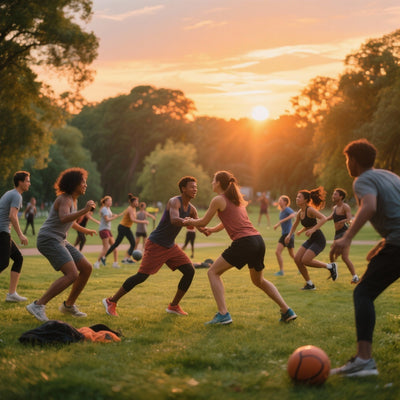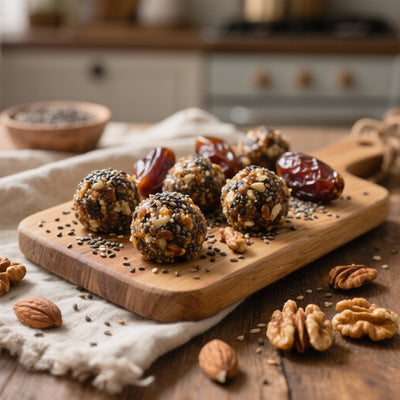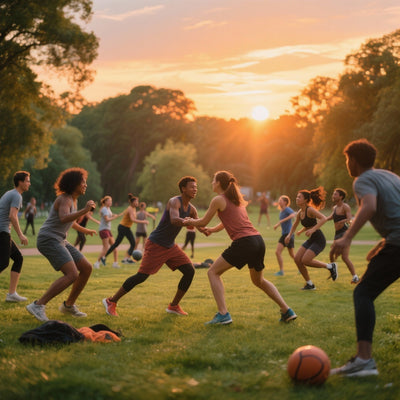Taming Stress: The Ultimate Guide to Tools and Techniques for a Serene Life
Stress has become an omnipresent part of modern life. Work pressures, personal obligations, and the constant flow of information can overwhelm us. But it is possible to live a more peaceful life by learning to manage stress effectively. This guide explores proven tools and techniques, from mindfulness to organization, to help you regain control of your well-being.
In this article, we'll break down stress, understand its causes, and most importantly, provide you with concrete and applicable solutions. You'll discover how meditation, breathing exercises, and simple changes to your daily routine can transform your perception of stress and significantly improve your quality of life. Get ready to explore a set of tools that will allow you to create a more balanced and fulfilling life.
Understanding Stress: An Invisible Enemy
Stress is a natural bodily reaction to a perceived demand or threat. It manifests itself through physical symptoms (muscle tension, headaches), emotional symptoms (irritability, anxiety), and behavioral symptoms (procrastination, sleep disturbances). Recognizing these signs is crucial in order to take action before stress becomes chronic.
Mindfulness and Meditation Tools
Mindfulness is the practice of being fully present in the moment. Meditation is a powerful tool for cultivating mindfulness. Apps like Calm and Headspace offer guided sessions suitable for all levels. Even a few minutes a day can significantly reduce stress and anxiety.
Breathing Techniques for Instant Relaxation
Diaphragmatic breathing, or abdominal breathing, is a simple yet effective technique for activating the parasympathetic nervous system, which is responsible for relaxation. Sit comfortably, place one hand on your chest and the other on your stomach. Inhale deeply through your nose, feeling your stomach expand. Exhale slowly through your mouth. Repeat several times. This technique can be used anytime, anywhere, to quickly calm stress.
"Breathing is the bridge between body and mind." - Thich Nhat Hanh
The Importance of Physical Activity
Physical exercise is a great way to release tension and boost the production of endorphins, the "feel-good" hormones. Choose an activity you enjoy, whether it's walking, running, swimming, or dancing. Aim for at least 30 minutes of movement each day. Studies show that regular exercise reduces stress, improves mood, and promotes better sleep. According to a study by the American Psychological Association , people who exercise regularly report lower stress levels.
Organization and Time Management
A hectic schedule can be a major source of stress. Learning to organize and manage your time is essential. Use tools like calendars, task management apps (Trello, Asana), or the Pomodoro Technique (working in 25-minute intervals with short breaks). Prioritize important tasks, delegate what can be delegated, and learn to say no to excessive commitments.
Cultivating Healthy Social Relationships
Social support is a key factor in managing stress. Surround yourself with positive and caring people. Spend time with friends and family, share your concerns, and ask for help if needed. Healthy social relationships provide a sense of belonging and support, thus reducing isolation and stress.
Food: An Ally Against Stress
A balanced diet plays a crucial role in stress management. Avoid processed foods, which are high in sugar and saturated fats, as these can worsen stress symptoms. Focus on nutrient-rich foods such as fruits, vegetables, whole grains, lean proteins, and healthy fats. Certain foods, like dark chocolate (in moderation), nuts, and avocados, are known for their stress-relieving properties.
Adopting a Holistic Approach
Stress management is an ongoing process that requires a holistic approach. Combine the tools and techniques presented in this article to create a personalized strategy that meets your specific needs. Be patient and persistent. It takes time to integrate new habits and see significant results. The important thing is to take care of yourself and make your well-being a priority.











